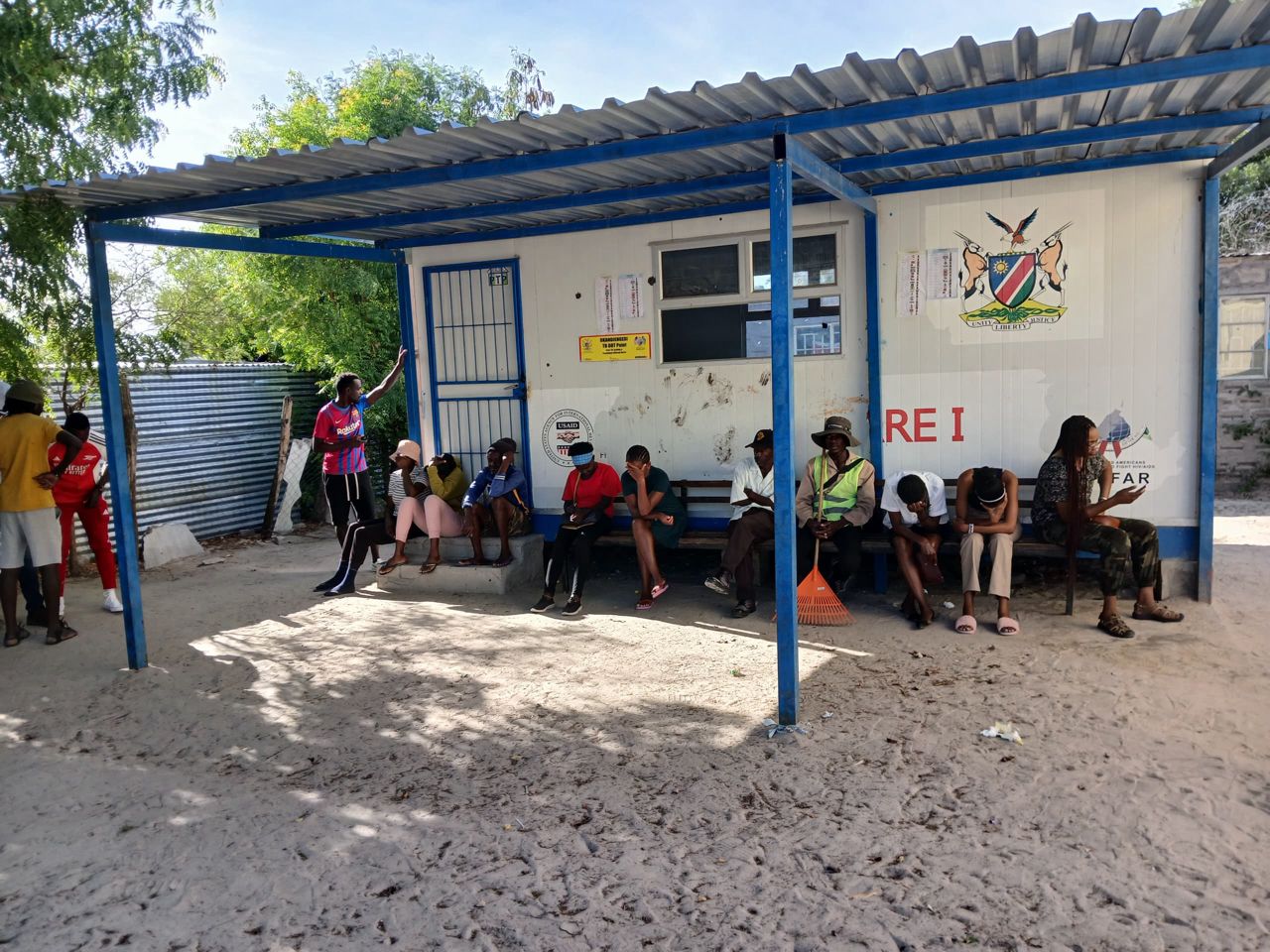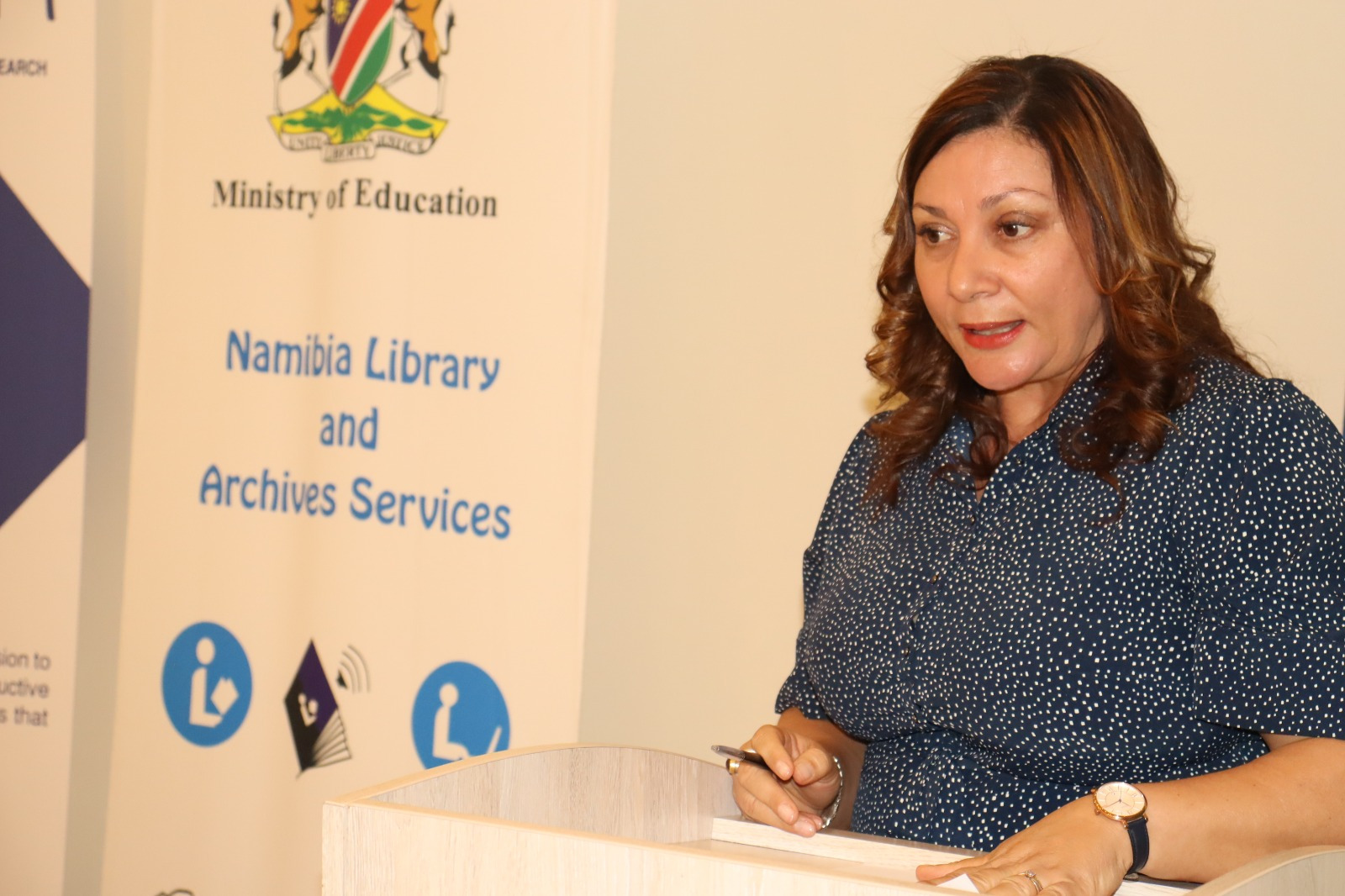Minister of health and social services Kalumbi Shangula has asked that his ministry be granted more control over the procurement process.
Currently, only the defence ministry has autonomy over its procurements.
Shangula said this yesterday in the National Assembly, where he also downplayed calls for the government to buy goods directly from service providers.
His comments contributed to a parliamentary discussion introduced by Popular Democratic Movement parliamentarian Nico Smit two weeks ago on all aspects of the tender awarding process.
The defence ministry has long been criticised for its secrecy around spending which cannot be audited by the government.
Previously, auditor general Junias Kandjeke was prevented from inspecting N$506,4 million worth of the defence ministry’s expenditure for the 2018/19 financial year.
“The procurement of health-related commodities may be exempt, as it was done for the ministry of defence, because when a country does not have medicine and medical supplies, national security is threatened,” Shangula yesterday said.
He said procurement for the health sector should be treated with a sense of urgency.
“. . . unlike any other public entity’s procurement, because procurement of health-related commodities have direct impacts on patients’ lives,” he said.
The minister said he wanted this exemption, because the Central Procurement Board of Namibia (CPBN) is forcing the government to take more expensive routes by delaying the process.
“These processes are lengthy. They are cumbersome. They are discouraging, demoralising and are considered as one of the biggest contributing factors to the high staff turnover – especially at management levels,” Shangula said.
He said the CPBN should strictly abide by the procurement timelines for open advertising bids as outlined in the Public Procurement Act.
He said five of the ministry’s bids have been with the board since 2017.
“Over the past few years, the CPBN has not been able to process and finalise many of the tenders submitted to it by our ministry.”
One of the cases he mentioned was the provision of meals at healthcare facilities, which has been extended countless times.
“Most of the tenders, from catering, to clinical supplies, to the supply of pharmaceuticals have languished at the CPBN without any finalisation in sight,” he said.
These delays have forced his ministry to procure goods at high prices, Shangula said.
“The ministry has been compelled to engage in costly emergency procurement activities, where the costs are astronomical, degrading our efforts to secure value for money,” he said.
The bids Shangula referred to include the supply and delivery of clinical and pharmaceutical supplies, antiretroviral treatment, fuel and catering for patients.
Earlier this year, the board resolved to cancel a controversial tender for the delivery of clinical products to the health ministry.
The board told bidders that “the aggregate total exceeds the total cost estimates” of the health ministry.
This comes as the CPBN’s review panel ruled that the cancellation of the provision of clinical supplies to the health ministry was unlawful.
The board’s spokesperson, Johanna Kambala, has opted to respond to questions sent today.
REFORM NEEDED
Shangula expressed disappointment with the board over cancelling tenders without considering the consequences.
He said it burdened the entire health system.
“The reasons advanced by CPBN for the cancellation might be true for some items, but there may be a number of items which had no issues and could have been awarded to minimise the burden of having all items not on contract,” he said.
He suggested splitting clinical supplies bids into different groups.
“For example condoms, gloves and sterilisation materials, syringes and clinical sundries, X-ray materials, sutures, etc. That way, when one bid is cancelled, others may proceed to finalisation,” he said.
Shangula suggested that the CPBN should not be allowed to delay the evaluation of bids.
“The CPBN should appoint ad-hoc bid evaluation committee members with strong terms of reference to compel them to complete evaluation of bids within the time frame as prescribed in the Public Procurement Act – unlike now that some members are delaying the finalisation of evaluation with months, such as what has happened with the delayed awards of the clinical supplies, pharmaceuticals and provision of meals to patients,” he said.
The minister does not want the CPBN to propose changes to documents, and requests the public entity to effect corrections as if they originated from the board itself.
PROCUREMENT BOARD INQUIRY
Smit, who wants an inquiry into the CPBN, wants the parliament to examine the effectiveness of the oversight mechanisms in place to monitor procurement processes.
“The scope of the inquiry should be broad and cover all aspects of the tender awarding process, including the procurement planning process, bid evaluation, contract award, contract management and contract close-out,” Smit said.
He said this inquiry should be conducted by an independent and impartial panel of experts with experience in procurement and public administration.
“This would ensure that the findings of the inquiry are credible and can be trusted by the public.
“The relevant parliamentary standing committee should monitor the progress of the inquiry and ensure that the recommendations made are implemented,” he said.
Stay informed with The Namibian – your source for credible journalism. Get in-depth reporting and opinions for
only N$85 a month. Invest in journalism, invest in democracy –
Subscribe Now!






